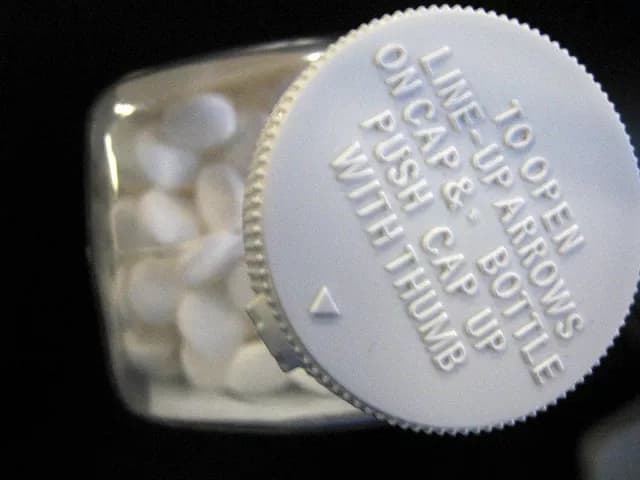
Study Allays Concerns Over Aspirin's Safety For Heart Failure Patients
A study by researchers at NewYork-Presbyterian/Columbia University Medical Center and published in JACC: Heart Failure, a journal of the American College of Cardiology Foundation, allays concerns among cardiologists that aspirin could increase the risk of hospitalization and death related to heart failure for patients with heart failure who take one of the first-line therapies: angiotensin-converting enzyme (ACE) inhibitors or angiotensin receptor blockers (ARBs).
The 10-year Warfarin and Aspirin for Reduced Cardiac Ejection Fraction (WARCEF) trial is the largest randomized, double-blind comparison of aspirin and warfarin (also known by its brand name Coumadin) for heart failure, following 2,305 heart failure patients whose heart muscle pumps less oxygen-rich blood into the body, known as reduced ejection fraction, at 168 study sites in 11 countries on three continents. The patients in WARCEF were in normal sinus rhythm (experiencing a normal heart beat) and were taking heart failure medications.
The researchers in this sub-study found that aspirin does not increase heart failure events in heart failure patients. Earlier heart failure studies, smaller than WARCEF, raised concern about a negative effect of aspirin with heart failure medications, due to a potential biochemical interaction.
"These findings allay concerns regarding the safety of aspirin for heart failure patients," says senior author Shunichi Homma, Margaret Milliken Hatch Professor of Medicine at Columbia's College of Physicians and Surgeons, and Deputy Chief of the Cardiology Division at New York-Presbyterian/Columbia.
"Up to 40 percent of Americans take aspirin, and in heart failure patients, this number may be even higher," says co-author Susan Graham, a cardiologist and professor of Medicine at the University of Buffalo. "It's a great relief to learn that aspirin is safe for this population. One challenge in cardiology is that we may need to use many drugs, including two or three blood thinners. We always want to be sure we're helping patients, not creating problems.
"Knowledge that aspirin is safe could have implications extending beyond the world of heart failure since ACE inhibitors are also used as a front-line therapy for hypertension and diabetes," adds Graham.
The new study, a post-hoc analysis, follows the main WARCEF study published in 2012 in the New England Journal of Medicine, finding neither aspirin nor warfarin superior for preventing a combined risk of death, stroke, and cerebral hemorrhage in heart failure patients with normal heart rhythm.
Materials provided by University of Illinois at Urbana-Champaign. Note: Content may be edited for style and length.
Disclaimer: DoveMed is not responsible for the accuracy of the adapted version of news releases posted to DoveMed by contributing universities and institutions.
Primary Resource:
John R. Teerlink, Min Qian, Natalie A. Bello, Ronald S. Freudenberger, Bruce Levin, Marco R. Di Tullio, Susan Graham, Douglas L. Mann, Ralph L. Sacco, J.P. Mohr, Gregory Y.H. Lip, Arthur J. Labovitz, Seitetz C. Lee, Piotr Ponikowski, Dirk J. Lok, Stefan D. Anker, John L.P. Thompson, Shunichi Homma. (2017). Aspirin does not increase heart failure events in heart failure patients: from the WARCEF trial. JACC: Heart Failure, 5(8), 603-610. DOI: 10.1016/j.jchf.2017.04.011
Related Articles
Test Your Knowledge
Asked by users
Related Centers
Related Specialties
Related Physicians
Related Procedures
Related Resources
Join DoveHubs
and connect with fellow professionals

0 Comments
Please log in to post a comment.